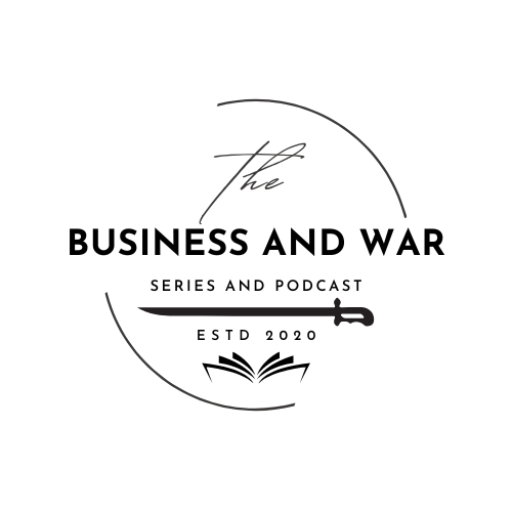The Parallels Between Business and War
In both business and warfare, the stakes are extraordinarily high, demanding a level of strategic planning, decisive leadership, and adaptability that often separates the successful from the defeated. At their core, both fields necessitate a comprehensive understanding of the terrain—whether it’s a market or a battlefield. Strategic planning becomes the cornerstone, requiring leaders to anticipate moves, allocate resources efficiently, and position themselves advantageously against competitors.
In business, just as in war, leaders must make tough decisions under pressure. The ability to evaluate risks, sometimes with incomplete information, can make the difference between triumph and failure. This necessity for decisive action mirrors the battlefield, where hesitation can lead to catastrophic consequences. For instance, companies like Apple and Amazon have thrived due to their leaders’ willingness to take calculated risks and make bold decisions, akin to wartime generals executing daring maneuvers.
Adaptability is another crucial parallel. In both realms, the environment can change rapidly, necessitating swift and effective responses. In business, this could mean pivoting a company’s strategy in response to market shifts or technological advancements. During World War II, General Eisenhower’s flexibility in adapting to the unpredictable dynamics of warfare was instrumental in the Allied victory. Similarly, modern businesses like Netflix have demonstrated remarkable adaptability, evolving from a DVD rental service into a streaming giant.
The brutal and painful aspects of both business and war cannot be overlooked. Competition is fierce, and the pressure to outperform rivals is relentless. The necessity of making tough decisions, sometimes at the expense of short-term gains for long-term success, is a common thread. Leaders in both arenas must possess resilience, courage, and strategic foresight. The resilience of Winston Churchill during World War II, coupled with his strategic vision, provides a historical example that resonates with the business world, where leaders like Elon Musk have navigated through crises with similar tenacity.
In conclusion, the parallels between business and war are numerous and striking. Both demand strategic acumen, decisive leadership, and the ability to adapt to ever-changing environments. The brutal realities of competition and risk-taking further underscore the shared challenges faced by leaders in both domains.
The Spoils of War: Rewards in Business and Warfare
The concept of ‘spoils of war’ extends beyond the battlefield and finds a powerful analogy in the business world. Just as soldiers fight through adversity to claim victory, businesses navigate through intense competition and market challenges to achieve significant rewards. These rewards manifest in various forms such as market dominance, financial success, and innovation.
Market dominance is often the result of strategic maneuvering and resilient efforts. Companies that have effectively outmaneuvered their competitors find themselves in positions of power, able to dictate market trends and command customer loyalty. For instance, tech giants like Apple and Google have not only survived but thrived in fiercely competitive markets. Their ability to innovate and adapt has allowed them to secure substantial market shares and set industry standards.
Financial success is another crucial ‘spoil’ of the business battlefield. Businesses that persevere through economic downturns and competitive pressures often emerge with stronger financial footing. Take Amazon, for example. Despite facing numerous challenges and criticisms during its early years, Amazon’s relentless focus on customer satisfaction and operational efficiency has resulted in it becoming one of the most valuable companies globally.
Innovation, too, stands as a testament to the rewards of enduring business battles. Companies that continuously innovate not only stay ahead of the competition but also drive industry-wide advancements. Tesla, with its groundbreaking advancements in electric vehicles and renewable energy, exemplifies how perseverance in the face of skepticism and financial hurdles can lead to revolutionary achievements.
Celebrating victories and learning from failures are integral to this journey. The ‘battlefield’ of business is as much about the small wins as it is about the significant triumphs. Recognizing and celebrating these milestones boosts morale and encourages continued effort. Equally important is the ability to learn from failures. Each setback presents an opportunity for growth, teaching valuable lessons that can lead to future success.
The rewards of navigating the brutal yet rewarding battlefield of business are abundant. Through perseverance, strategic maneuvers, and an unwavering commitment to innovation, businesses can achieve remarkable success. The journey, replete with highs and lows, ultimately offers profound insights and substantial rewards, making the endeavor worthwhile.
